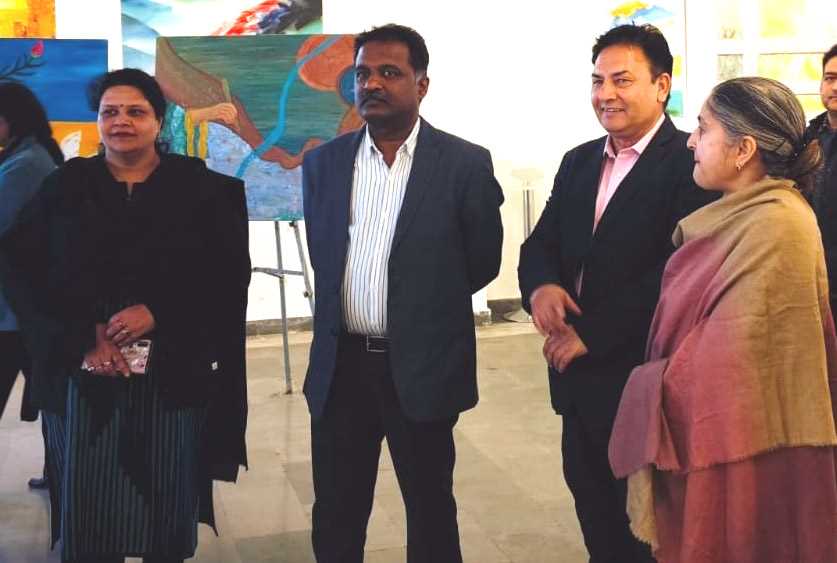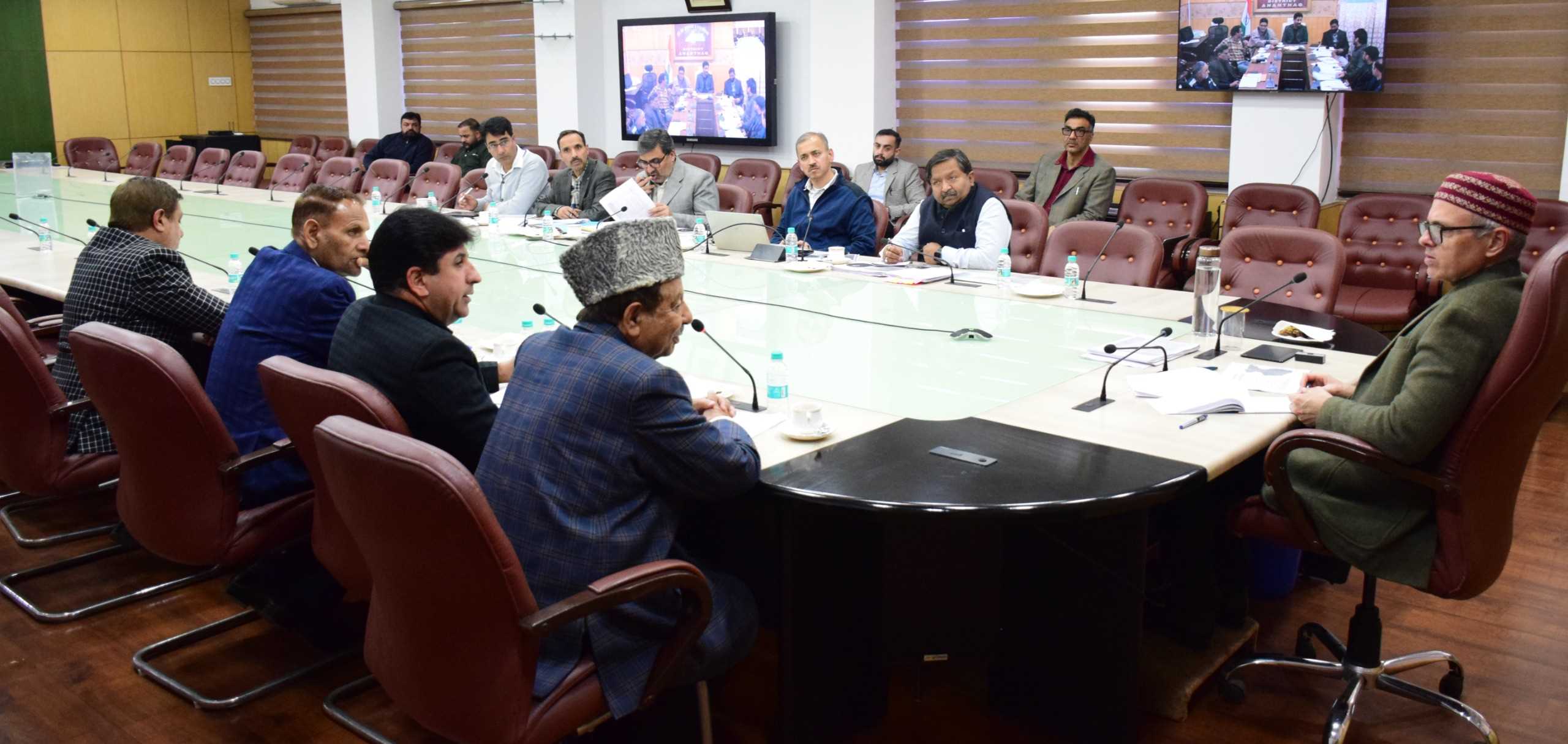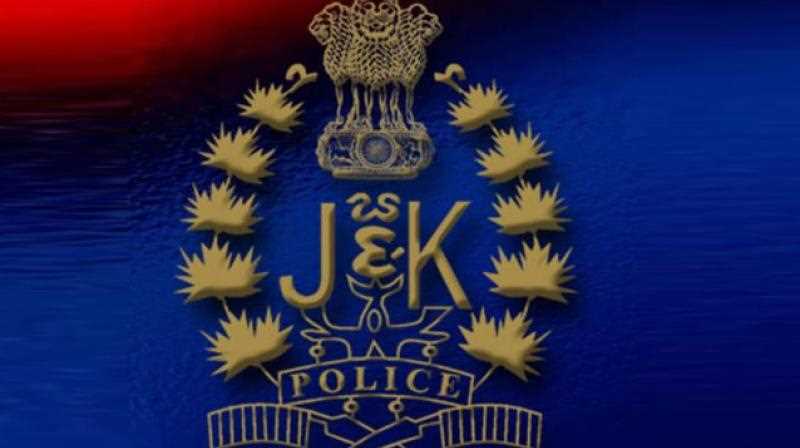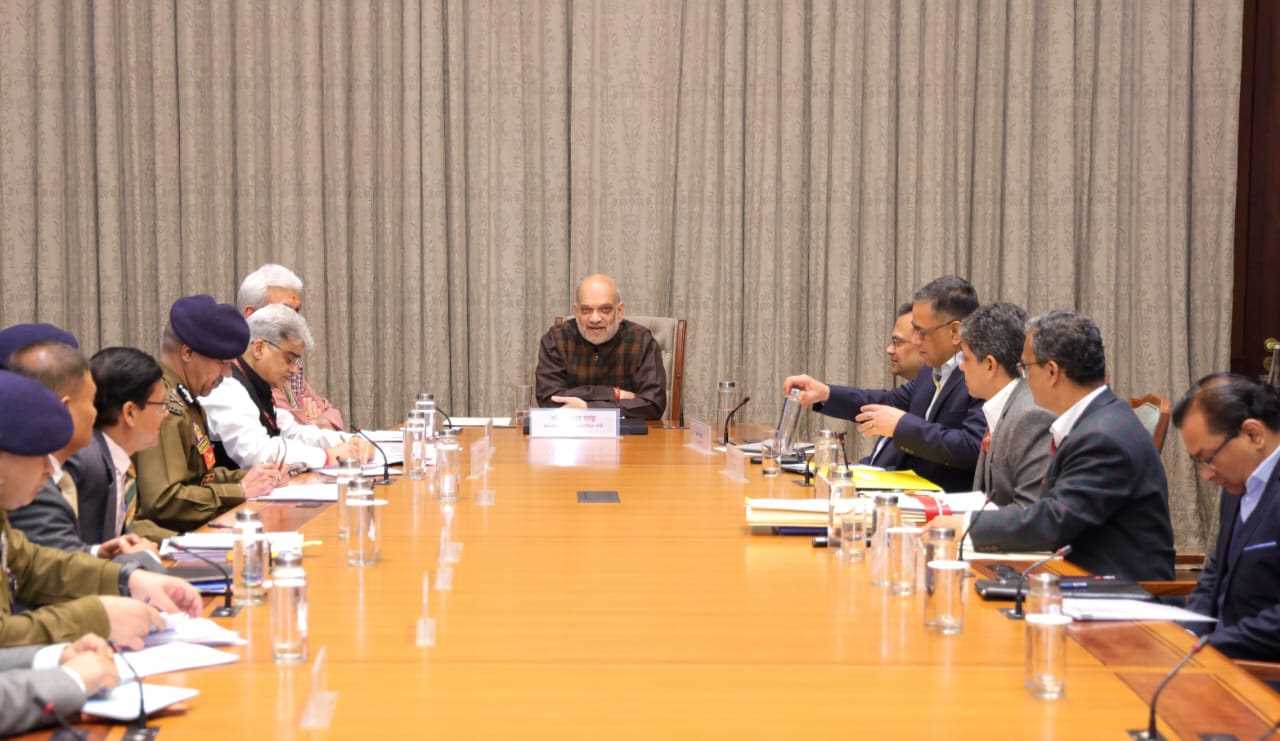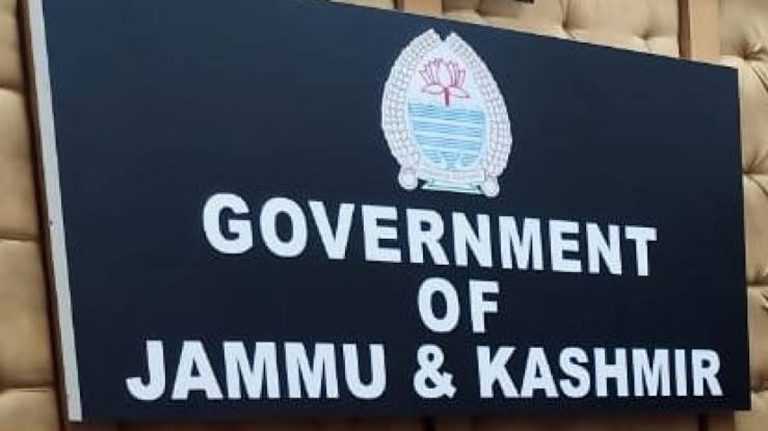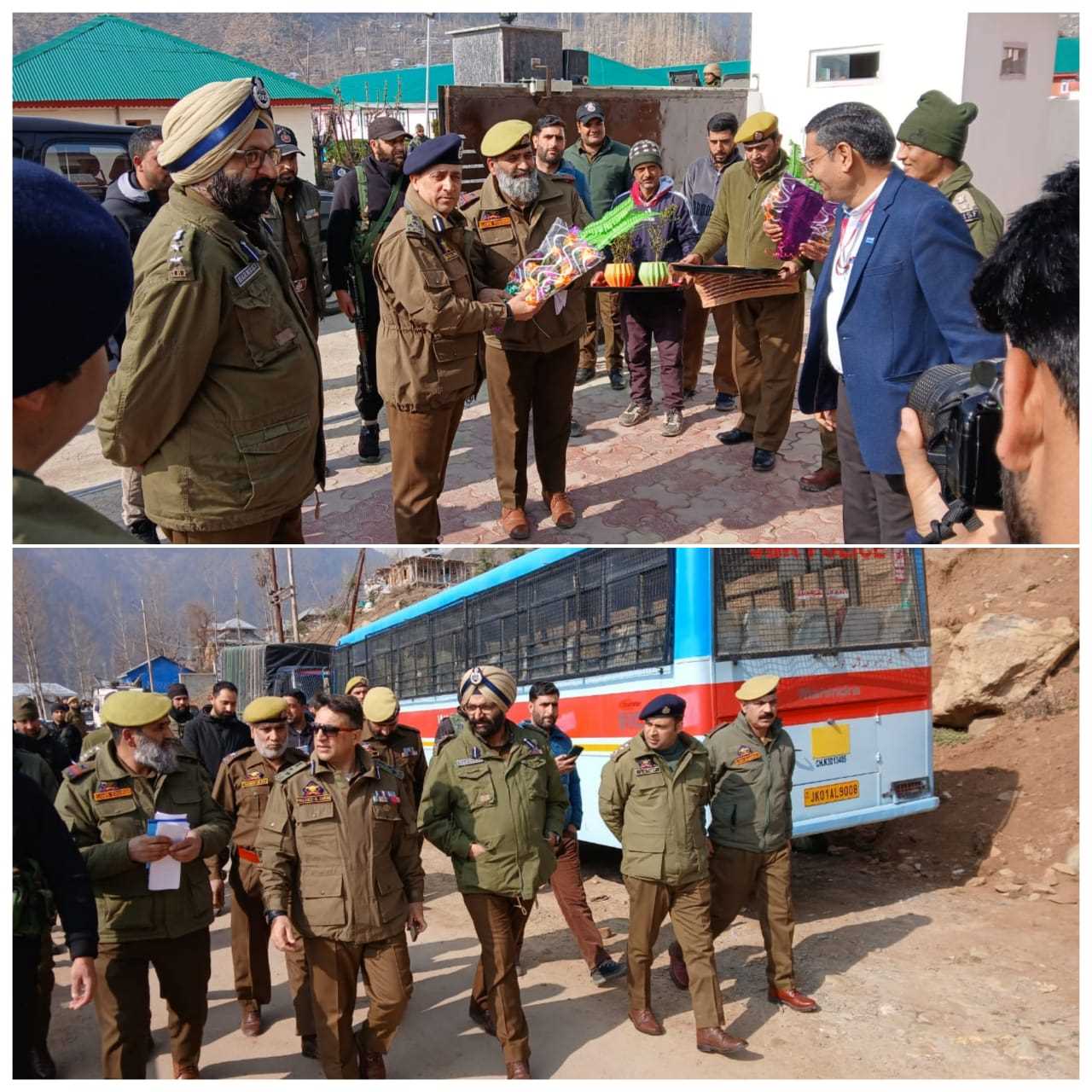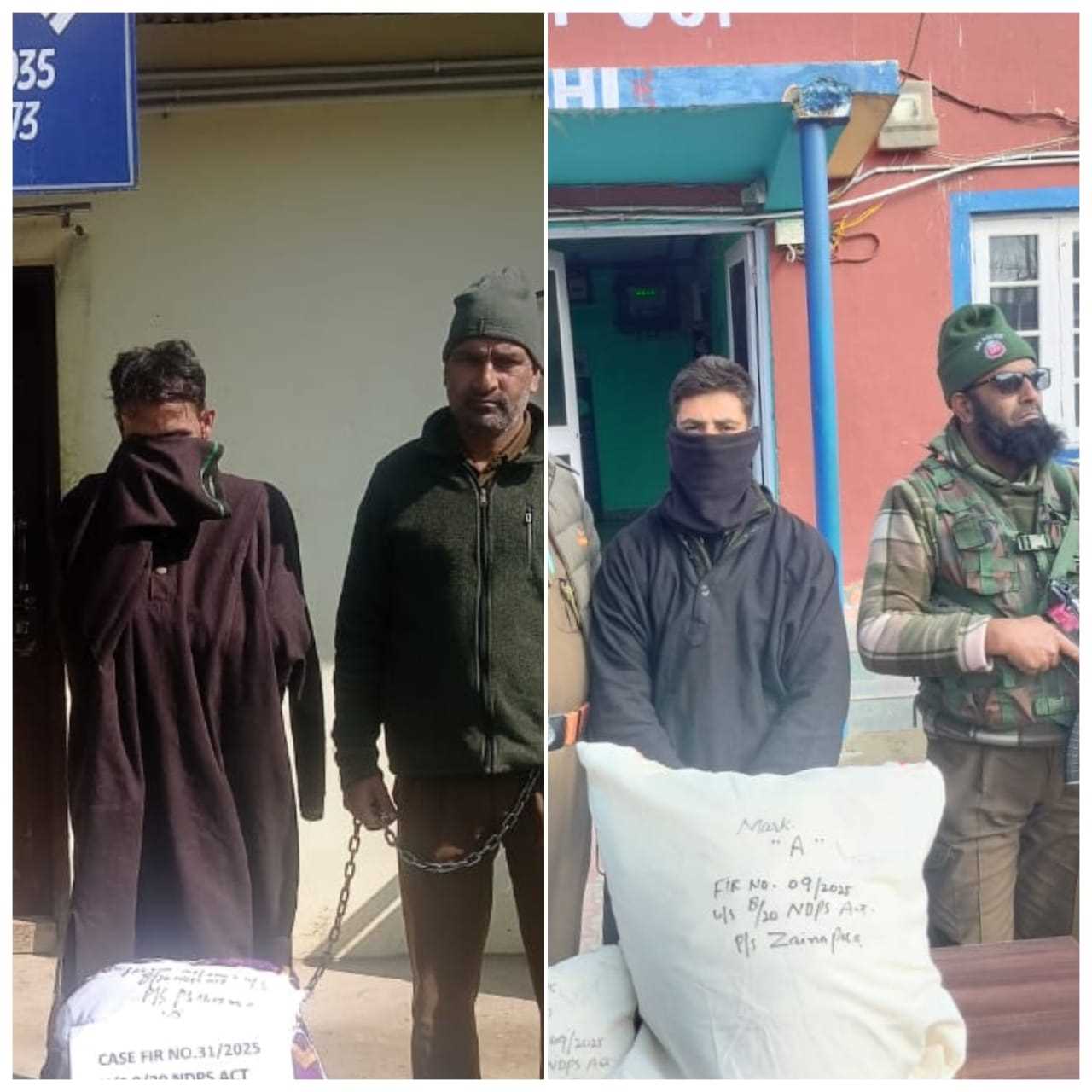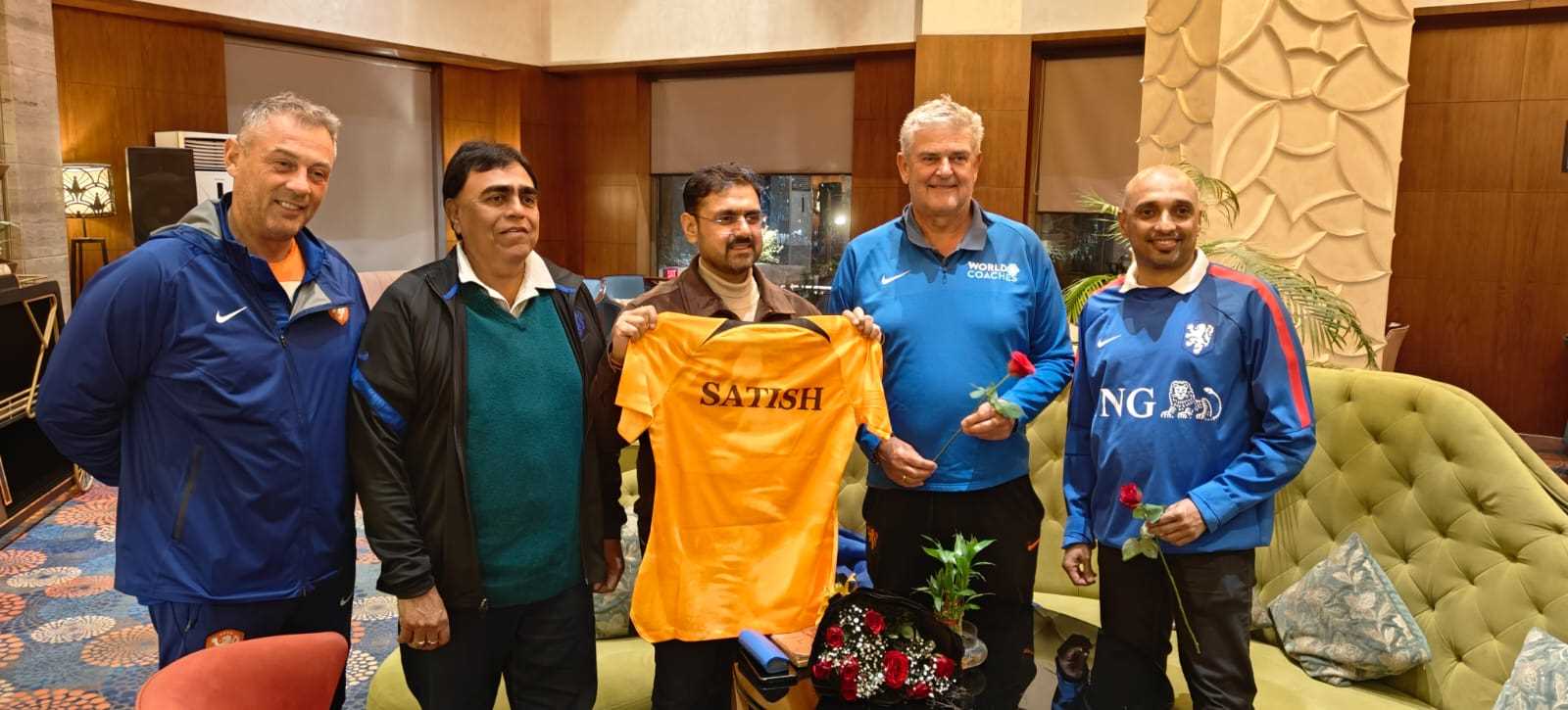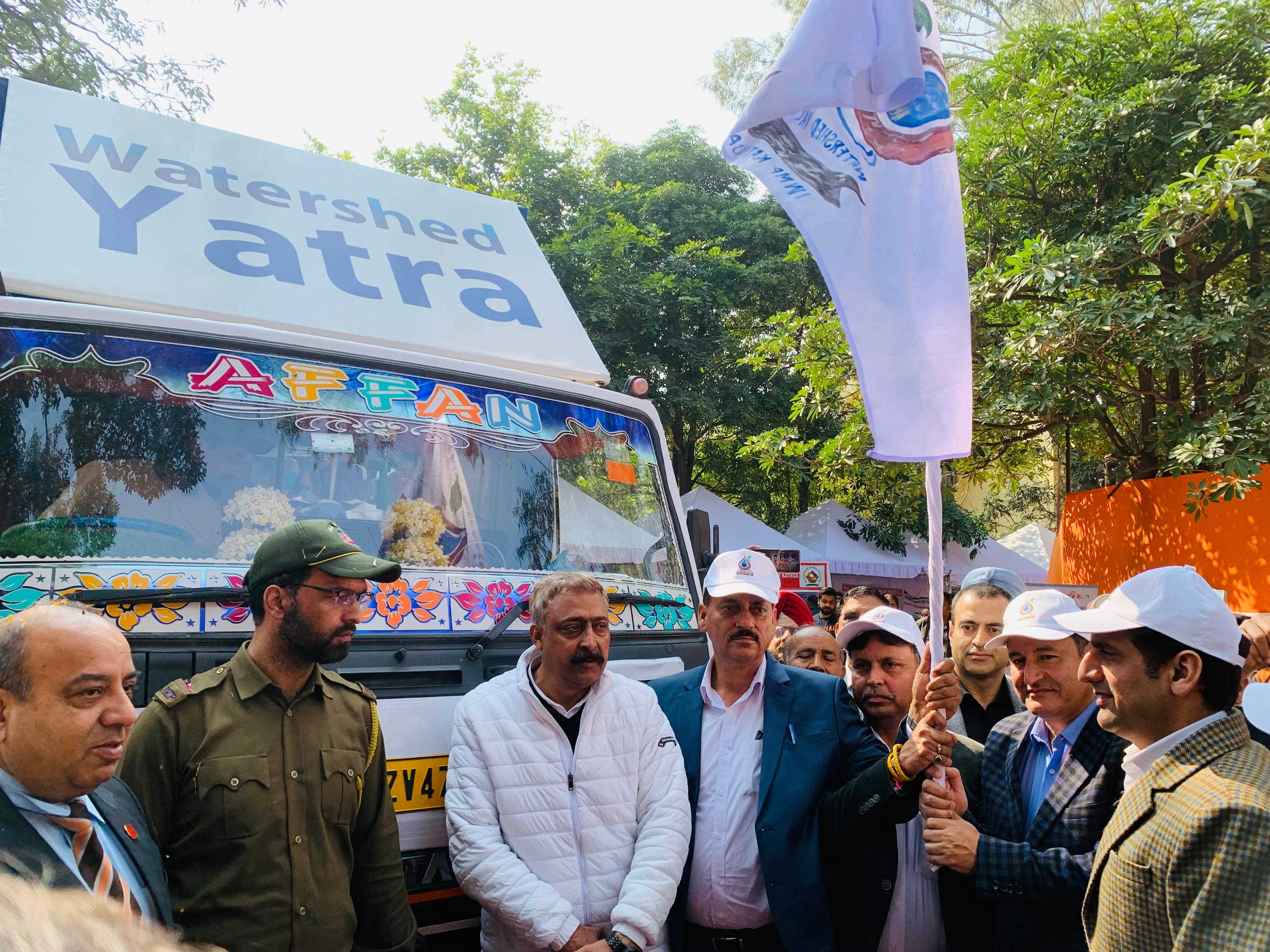Mufti Mohammad Sayeed, the founder of the Peoples Democratic Party (PDP) and a two-time Chief Minister of Jammu and Kashmir, remains a pivotal figure in our politics. Known for his pragmatic approach, his political career was marked by efforts to bridge divides, restore peace, and prioritize the aspirations of the people of Jammu and Kashmir. Born in 1936 in Bijbehara, Anantnag, Mufti Mohammad Sayeed entered politics during a tumultuous period in Kashmir. Initially associated with the Congress Party, he became the first Muslim Union Minister for Home Affairs in India in 1989, a tenure overshadowed by the abduction of his daughter Rubaiya Sayeed by militants. The incident brought global attention to the growing terrorism in Kashmir, underlining the challenges of governance in the state. In 1999, Sayeed founded the PDP, envisioning it as an alternative to the entrenched politics of the National Conference (NC). The PDP’s emergence was significant as it redefined the political landscape in Jammu and Kashmir by emphasizing “self-rule” and advocating for dialogue with Pakistan and separatist groups. Sayeed believed that meaningful engagement and reconciliation were the keys to addressing the deep-rooted grievances of Kashmiris. One of his most notable contributions was introducing the concept of the “healing touch.” This policy sought to address the alienation of the Kashmiri people by minimizing human rights violations, rehabilitating former militants, and creating a sense of trust between the government and the populace. His tenure as Chief Minister from 2002 to 2005, in a coalition with the Congress Party, was marked by efforts to restore normalcy. He worked to enhance developmental initiatives, promote tourism, and create employment opportunities in the region. His administration also sought to reduce the heavy-handed approach of security forces, fostering an environment of relative calm during his rule. Sayeed’s political vision extended beyond administrative reforms. He sought to position Jammu and Kashmir as a bridge of peace between India and Pakistan, advocating for improved cross-border trade and people-to-people contact. His efforts, though not without criticism, helped initiate a dialogue on the political and socio-economic issues facing the state. Mufti Mohammad Sayeed’s legacy is deeply intertwined with his belief in dialogue, reconciliation, and development as tools for achieving lasting peace in Jammu and Kashmir. His approach continues to influence the PDP’s ideology, with his daughter Mehbooba Mufti often invoking his vision for the state. On his ninth death anniversary, his call for a “healing touch” resonates as a reminder of the enduring aspirations of the people of Jammu and Kashmir. He was a son of the soil and his contributions will continue to be remembered by both his admirers and detractors.


